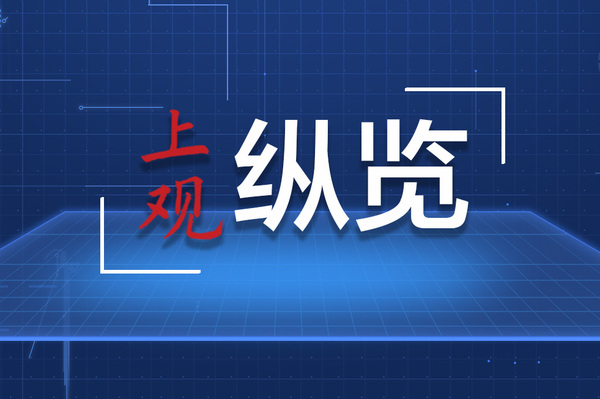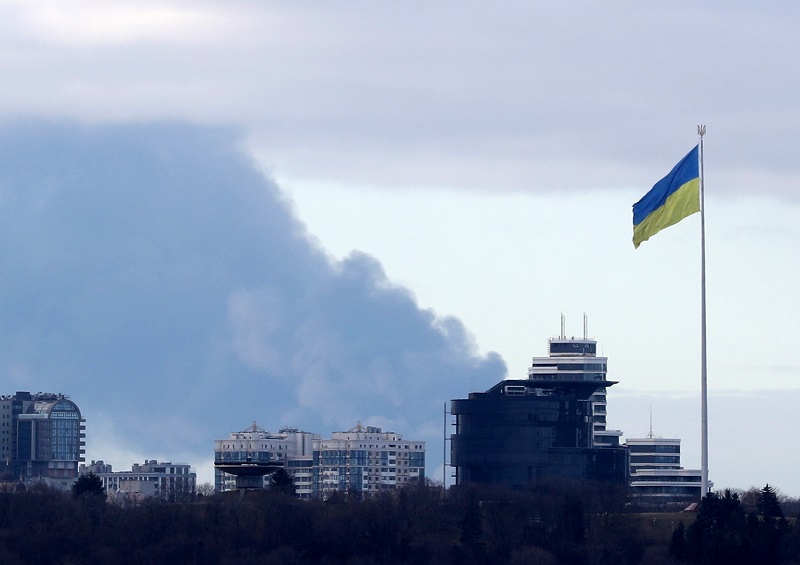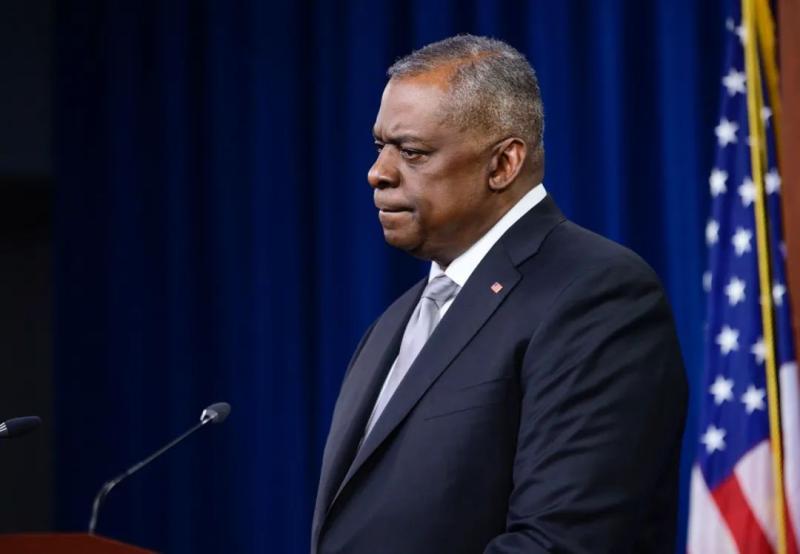Wang Zhiping: General Prosecutor for Trial of Japanese War Criminals
Wang Zhiping, born in Mancheng County, Hebei Province in 1902, served as the President of the Military Court of the Beijing Military Region, Deputy Political Commissar of the Hebei Military Region, and Second Political Commissar of the Tianjin Garrison. In 1955, he was awarded the rank of Major General and was awarded the Second Order of Independence and Freedom and the First Order of Liberation. Unlike other generals, he was not only an outstanding military commander and political worker, but also a pioneer in military justice and procuratorial work in New China.
Progressive youth who firmly uphold the red ideal
Wang Zhiping was born into a small rural landlord family. According to his personal recollection, when he was young, his family had relatively comfortable conditions, with over 300 acres of land and more than 30 houses. However, with the intensification of imperialist aggression against China, as well as the Qing government and local forces forcibly levying and exploiting wealth, the family's situation deteriorated. In the end, he had to sell his family's property and gave up studying because he had no money to pay tuition fees. He is a simple and kind-hearted person, especially influenced by new ideas. He deeply despises the darkness, corruption, and ugliness in society, and once caused a sensation in the county town by accusing police officers of gambling. In the winter of 1920, Wang Zhiping was admitted to the Second Junior Normal School of Zhili. During his school years, he was exposed to communist theory and read progressive books and magazines such as "New Youth" and "Duxiu Wencun", greatly expanding his horizons and inspiring his thoughts. At the same time, he initiated the establishment of a student autonomy association with senior students outside the classroom, and participated in the "Literary Research Association" and "Social Science Research Association" organized by progressive students, fighting against feudal and conservative forces within the school. During this period, personal revolutionary and progressive thinking awakened and developed, gradually achieving a conscious transformation from unconsciousness to consciousness.
In January 1925, Wang Zhiping joined the Communist Youth League of China and became a member of the Communist Party of China in March of the same year. After the May 30th Massacre, under the leadership of the party organization, he made full use of his learned knowledge, exerted his political and propaganda abilities, led strikes and strikes, organized mass demonstrations on the streets, condemned the barbaric crimes of British and Japanese imperialism in massacring workers, and organized the establishment of the Baoding City May 30th Massacre Support Association to carry out fundraising activities. In the years after graduation, Wang Zhiping used his identity as a primary school teacher as a cover and traveled to Baoding, Tangshan, and Beiping, engaging in underground work for the Party. On the one hand, it secretly organizes advanced teachers and students to study Marxist theory and read progressive publications; On the other hand, timely development of party members and establishment of the first party branch in local history in Qingyuan and Mancheng respectively.
Revolutionary pioneers with dual advantages in military and political abilities
After the rupture of the first cooperation between the Kuomintang and the Communist Party, facing a severe political situation, Wang Zhiping registered to join the Kuomintang for the convenience of activities, but remained committed to exposing the reactionary behavior of the Kuomintang and consolidating the development of the Communist Party's organization. In May 1934, Wang Zhiping was arrested at Beijing Municipal Ninth Primary School and sentenced to 8 years in prison due to a traitor's report. After being imprisoned, he always held a firm belief that the revolution would eventually succeed. Faced with multiple severe torture and inhumane torture by the enemy, he was resolute and unyielding, and never leaked any secrets of the party organization. At the same time, he changed from passive to active. Firstly, he seized the opportunity to improve himself. Through arguing with the prison authorities, he gained the opportunity to read and learn, and specially formulated a five-year study plan. He systematically read works in the fields of economics, philosophy, literature, etc., and also self-taught English and Japanese. The second is to reform prison inmates. Through propaganda work, military prisoners, bandits, and other personnel in custody are subjected to ideological reform, educating them to reform themselves. They have secretly organized prison inmates to go on a day long hunger strike in support of the Suiyuan Anti Japanese War.
In August 1937, on the eve of the second cooperation between the Kuomintang and the Communist Party, Wang Zhiping was released from prison in advance. He was introduced by the Nanjing Eighth Route Army Office to Xi'an, and then went to Yan'an to study at Shaanbei Public School. At the opening ceremony of the school year, Mao Zedong delivered a famous speech on "The Current Situation and Policies", clearly pointing out the important mission they shoulder: "We must cultivate a large number of national revolutionary cadres who have revolutionary theories, are rich in sacrificial spirit, and are the vanguard of revolution. Only by relying on thousands of good cadres can revolutionary policies and methods be implemented, and a comprehensive revolutionary war of the whole nation can appear in China and ultimately defeat the enemy."
Batch after batch of graduates were sown as revolutionary sparks on the battlefield in North China. As a first-time graduate, Wang Zhiping has developed a strong ability to achieve both military and political excellence, and actively requested to carry out armed struggle in enemy base areas. In February 1938, he was assigned to the Third Military Division of the Jin Cha Ji Military Region. Faced with the extremely difficult struggle environment under the plundering and blockade of the Japanese army, he had a dual responsibility, serving as both a political worker and a military commander. He had worked in organizational and logistical positions such as the political department, military district hospitals, and supply departments, as well as infiltrating frontline guerrilla forces. He participated in the Hundred Regiments War and a series of anti "sweeping" campaigns and battles in the Jin Cha Ji Anti Japanese Base Area, truly achieving the goal of "being able to give lectures on stage and able to fight on the battlefield". He honed his resolute political character and excellent military qualities in the beacon fire. During the Liberation War, Wang Zhiping successively served as the Director or Political Commissar of the Political Department in units such as the Third Military Sub district of the Jin Cha Ji Military Region, the Military and Political Cadre School of the Ji Jin Military Region, the Beiyue Military Region, and the Yanbei Military Sub district of the Chahar Military Region. He participated in battles to liberate cities such as Shijiazhuang, Laishui, Chanan, and Suidong, demonstrating strong comprehensive abilities.
Major General of Military Law for Prosecuting Japanese War Criminals
After the establishment of the People's Republic of China, Wang Zhiping continued to work in the North China region, serving as the Director of the Political Department of the Chahar Military Region, as well as the Director of the Political Department directly under the North China Military Region and the Beijing Military Region. Later, he shifted to the military and judicial field, exploring cultivation and actively dedicating himself. In 1955, the Standing Committee of the National People's Congress passed the "Regulations on the Service of Chinese People's Liberation Army Officers", which stipulated that all officers were divided into 8 categories, one of which was a full-time judicial military law officer. When he was first conferred the title in 1955, Wang Zhiping, who was then the President of the Military Court of the Beijing Military Region, was awarded the rank of Major General of the Military Law due to his outstanding contributions during the war and outstanding achievements in his new position. However, there were only a total of more than 10 military law generals in the same group.
During his tenure as the President of the Military Court, Wang Zhiping's important task was to participate in the trial of Japanese war criminals. A large number of Japanese aggressors burned, killed, and looted during the war, causing serious harm and heavy disasters to the Chinese people. The significance of trying and prosecuting them in accordance with the law is self-evident. The investigation of Japanese war criminals by the Supreme People's Procuratorate was initiated as early as February 1954. In September of the same year, the first National People's Congress was held and promulgated the first Constitution of the People's Republic of China, renaming it the "Procuratorate" and clarifying the constitutional status of the procuratorial organs. In the following years, the procuratorial work entered a period of rapid development, and the organizational system of the national procuratorial organs was basically established, undertaking tasks such as arrest approval, review and prosecution, and labor reform and prosecution in prisons, and always focusing on investigating Japanese war criminals. On April 25, 1956, Mao Zedong signed the Order of the President of the People's Republic of China on the Trial of Japanese War Criminals, which drew more than 350 backbone personnel from the procuratorial, public security, and Central United Department systems to establish the Shenyang Special Military Court as a specialized judicial institution.
On June 9, 1956, the Special Military Tribunal of the Supreme People's Court held its first trial in Shenyang, publicly trial eight Japanese war criminals led by Lieutenant General Suzuki Kikushi, the commander of the 117th Division of the former Japanese Army. The presiding judge was Major General Yuan Guang, and the chief prosecutor representing the national procuratorial organs in court was Wang Zhiping. This is the first time in modern times that the suffering Chinese people have independently tried foreign aggressors on their own land. As a prosecutor, Wang Zhiping did a lot of preparatory work, rigorously and meticulously searched for evidence and verified the facts. Taking the evidence of the crime committed by war criminal Kikushi Suzuki as an example, we have collected and organized 181 complaints from victims and their families, 45 witness testimonies, 89 inquiry records, 38 photos, etc., providing strong guarantees for a fair trial in the court. From early June to late August 1956, after a serious and meticulous trial, 45 major war criminals, including Shigeru Fujita, Katsuo Uzaka, and Masanosuke Sasa, were sentenced to sentences ranging from 13 to 20 years each, while 1017 minor or better performing Japanese war criminals were given lenient treatment in batches. On June 21, 1956, the Supreme People's Procuratorate announced that the first batch of 335 minor war criminals detained in Fushun and Taiyuan were exempt from prosecution and immediately released. The decision to waive prosecution and the list of personnel were announced by Wang Zhiping, designated by the then Chief Prosecutor of the Supreme People's Procuratorate, Zhang Dingcheng. In response to this, Japanese war criminals were deeply grateful and presented a banner to the Supreme People's Procuratorate to express their determination and excitement of guilt and regret. The second batch of released Japanese war criminals presented a banner and collectively signed it to the Supreme People's Procuratorate, which read "Oppose aggressive wars and support lasting peace, long live the friendship between the Chinese and Japanese peoples!" "Thank you to the great Chinese people for their lenient policies, and for contributing their lives to resolutely oppose aggressive wars and defend lasting peace."
The long-term war behind enemy lines and arduous work have seriously damaged Wang Zhiping's physical health. On May 29, 1965, Wang Zhiping passed away in Beijing due to illness at the age of 63, dedicating his life to the revolutionary cause and judicial work he loved.




